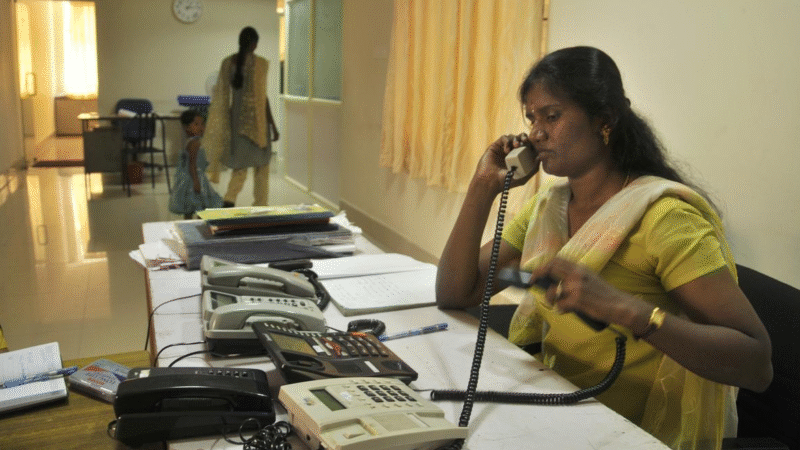IIT Madras Unveils Low-Cost Device for Rapid Antibiotic Resistance Testing

Researchers at the Indian Institute of Technology (IIT) Madras have developed a breakthrough microfluidic device that can swiftly identify whether bacteria are resistant or susceptible to antibiotics.
The innovation, named ε-µD, is a low-cost phenotypic testing platform that relies on electrochemical signals to monitor bacterial growth in the presence of antibiotics. This enables clinicians to determine the right course of treatment in a significantly shorter time compared to conventional methods.
Antibiotic resistance poses a growing global health challenge, often leading to ineffective treatments and prolonged infections. Current laboratory testing methods can take several days, delaying critical medical decisions. The device from IIT Madras promises faster, accurate, and affordable results, particularly beneficial for low-resource healthcare settings.
According to institute officials, the technology offers scalability and cost-effectiveness, making it suitable for deployment in hospitals, diagnostic centers, and rural health facilities. The research team emphasized that early and precise antibiotic susceptibility testing is crucial in combating antimicrobial resistance, and their device could play a key role in advancing healthcare accessibility.
With this innovation, IIT Madras strengthens its position as a leader in medical technology research, contributing to global efforts to tackle antibiotic resistance.


